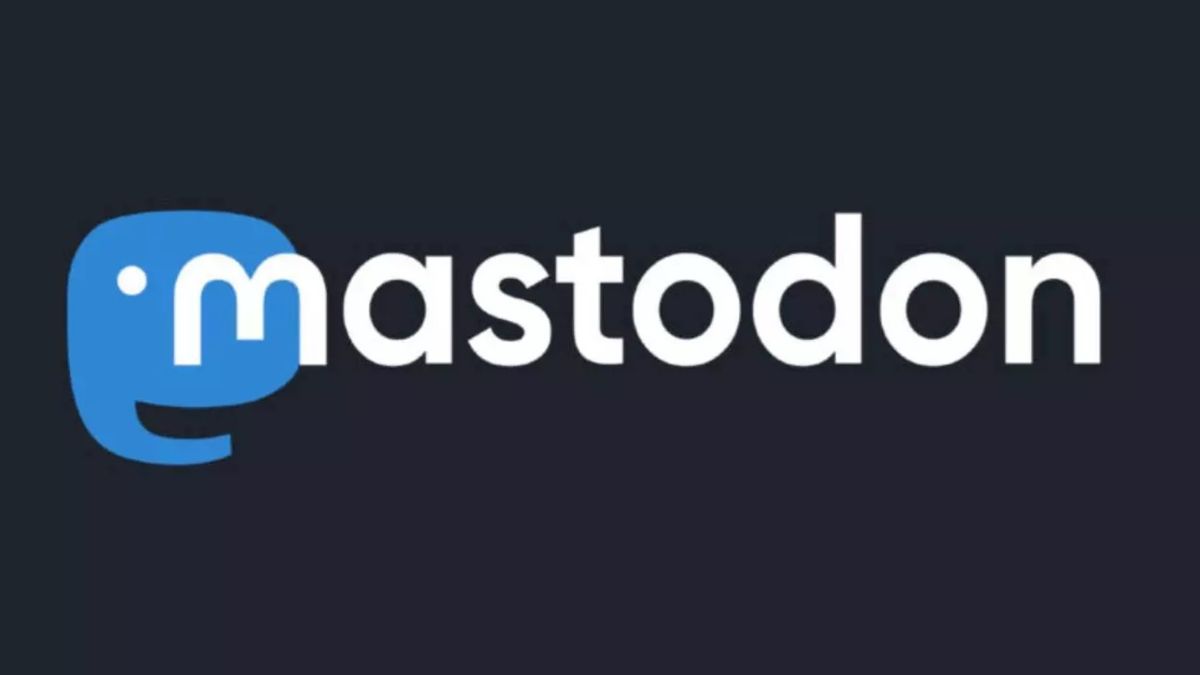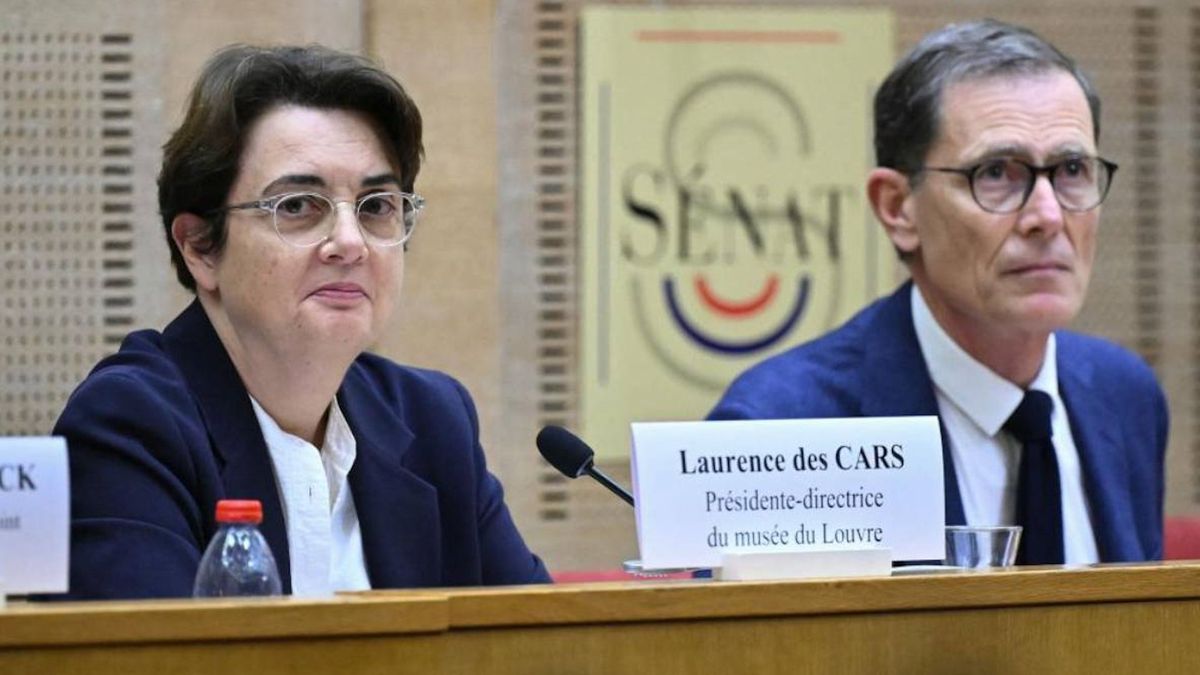People exchange posts and links with others on their own server, or “instance” of Mastodon, and also, almost as easily, with users on other servers across the growing network.
The result of six years of work by Eugen Rochko, a young German programmer, Mastodon was born out of his desire to create a public sphere that was beyond the control of any single entity. That work is starting to pay off.
“We’ve hit 1,028,362 monthly active users across the network today,” Rochko said Monday at Mastodon.
The figure is still small compared to its established rivals. Twitter reported 238 million daily active users who had seen an ad in the second quarter of 2022. Facebook said it had 1.98 billion daily active users in the third quarter. But the jump in Mastodon users in a matter of days is still amazing.
“I got more new followers on Mastodon in the last week than in the previous five years,” Ethan Zuckerman, a social media expert at the University of Massachusetts at Amherst, wrote last week.
Mastadon.jpg
Before Musk completed the Twitter acquisition on October 27, Mastodon’s growth averaged between 60 and 80 new users per hour, according to the widely cited Mastodon Users account.
Rochko founded Mastodon in 2017, when rumors spread that PayPal founder and Musk ally Peter Thiel wanted to buy Twitter.
“A right-wing billionaire was going to buy a de facto public service that is not public”Rochko told Reuters earlier this year. “It’s really important to have this global communications platform where you can learn what’s going on in the world and chat with your friends. Why is it controlled by one company?”
What are the benefits of the social network
Proponents of Mastodon say its decentralized approach makes it fundamentally different: Instead of going to Twitter’s centrally provided service, each user can choose their own provider, or even run their own instance of Mastodon, just as users can send emails. emails from Gmail or an account provided by your employer or run your own email server.
No company or person can impose their will on the entire system or shut it down completely. If an extremist voice emerged with its own server, advocates say, it would be easy enough for other servers to cut ties with it, leaving it to speak to its own shrinking group of followers and users.
The federated approach has its drawbacks: it’s harder to find people to follow in the anarchic sprawl of Mastodon than in the orderly town square that centrally managed Twitter or Facebook can offer.
However, his growing group of supporters say they are outmatched by the advantages of his architecture.
Rochko, whose Mastodon foundation operates on a shoestring crowdfunding budget supplemented by a modest grant from the European Commission, has found a particularly receptive audience among privacy-conscious European regulators.
Source: Ambito
David William is a talented author who has made a name for himself in the world of writing. He is a professional author who writes on a wide range of topics, from general interest to opinion news. David is currently working as a writer at 24 hours worlds where he brings his unique perspective and in-depth research to his articles, making them both informative and engaging.




